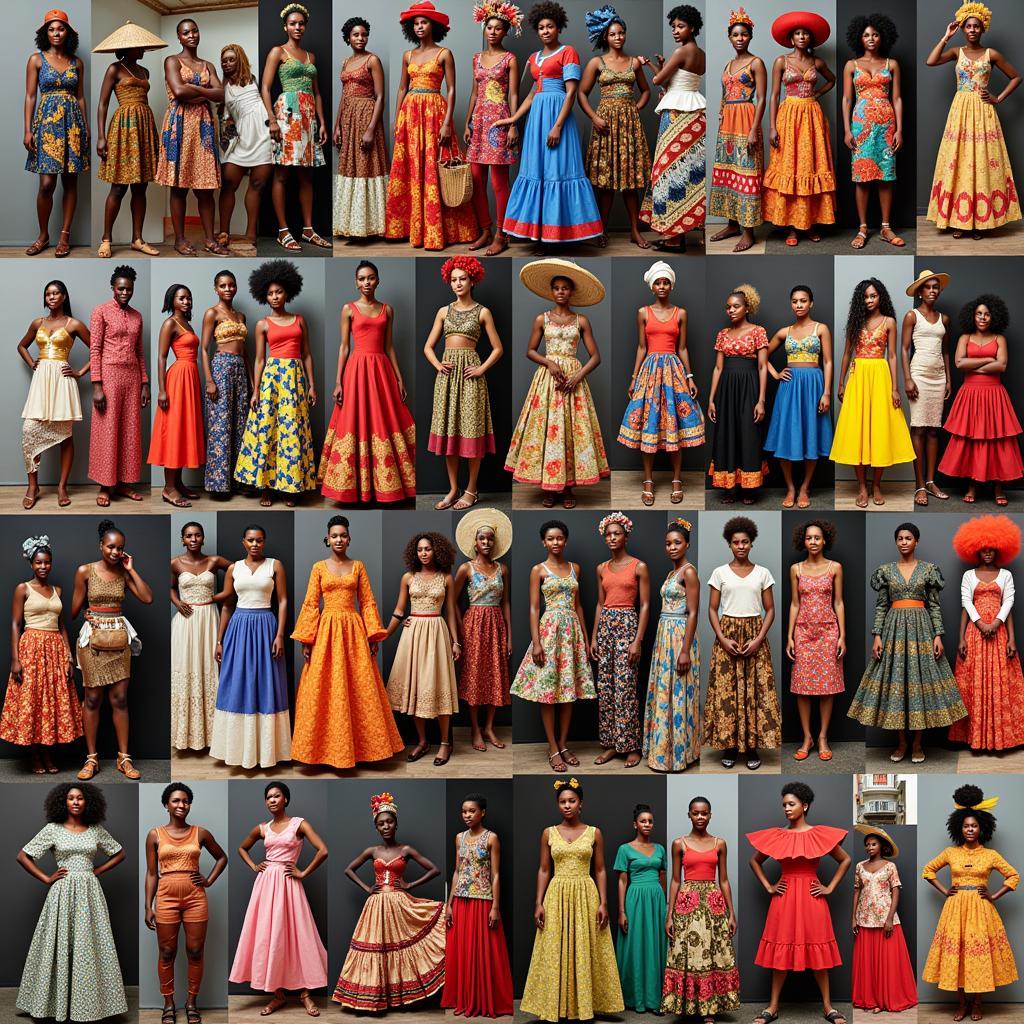African Currencies Stronger Than the Rand
The South African Rand (ZAR) has experienced fluctuations in value over the years, leading many to wonder about African Currencies Stronger Than The Rand. This article delves into the fascinating world of African currencies, exploring those that currently hold stronger positions compared to the ZAR and the factors that contribute to their strength. Understanding these dynamics provides valuable insights into the economic landscape of the African continent. We will examine historical trends, economic indicators, and the impact of global events on these currencies.
Exploring African Currencies: Which are Stronger than the Rand?
Several African currencies consistently outperform the South African Rand. These currencies often reflect the economic stability and growth of their respective nations. Key factors influencing currency strength include a country’s GDP, inflation rate, interest rates, and political stability. Let’s take a closer look at some prominent examples.
The Libyan Dinar (LYD): A Case Study in Strength
The Libyan Dinar stands as one of the strongest currencies in Africa, significantly stronger than the South African Rand. Its strength is rooted in Libya’s substantial oil reserves and controlled monetary policy. However, political instability and ongoing conflicts have impacted its overall economic performance. What factors contribute to this strength despite these challenges? Primarily, it’s the tight control over the dinar’s exchange rate.
You might be interested in learning how the South African Rand compares to other currencies like the Indian Rupee. You can find more information on that here: 1 rupee to african rand.
Beyond Libya: Other Strong Contenders
Beyond the Libyan Dinar, other currencies like the Moroccan Dirham, Tunisian Dinar, and Botswana Pula generally trade stronger than the Rand. These nations have diverse economies, from tourism and agriculture to mining and manufacturing, contributing to their currency’s relative stability. What role does diversification play in currency strength? It helps buffer these economies against shocks in specific sectors, leading to more consistent performance.
The Role of Economic Diversification and Political Stability
Economic diversification and political stability play crucial roles in a currency’s strength. Countries with diversified economies are less vulnerable to fluctuations in commodity prices or sector-specific downturns. Similarly, political stability fosters investor confidence, attracting foreign investment and bolstering currency value.
For more information about South African Rand’s conversion rates, you can check 11100 south african rand into rupees.
Understanding the Fluctuations of the South African Rand
The South African Rand’s value is influenced by various internal and external factors. Domestic economic policies, political developments, and commodity prices, particularly gold and platinum, significantly impact its performance. Global economic trends and investor sentiment also play a role. Why is the Rand susceptible to these fluctuations? Its dependence on commodity exports and global market sentiment makes it vulnerable to external shocks.
Is there an African dollar? Find out by reading 1 american dollar is how many african dollar.
Conclusion: A Dynamic Landscape of African Currencies
The landscape of African currencies is dynamic, with several outperforming the South African Rand. While the Libyan Dinar stands out as a particularly strong currency, others, like the Moroccan Dirham and Botswana Pula, also demonstrate resilience. Understanding the factors that drive currency strength, such as economic diversification and political stability, is crucial for navigating the African economic landscape. Keeping abreast of these factors offers insights into the continent’s evolving financial dynamics and the relative strength of african currencies stronger than the rand.
FAQ
- Which African currency is the strongest? The Libyan Dinar is generally considered the strongest.
- Why is the South African Rand weaker than some other African currencies? Factors include economic policies, political developments, and commodity price fluctuations.
- Does having a strong currency always indicate a strong economy? Not necessarily. Other factors like living standards and income equality also contribute to economic health.
- How do global events impact African currencies? Global economic downturns or surges can influence investor confidence and affect currency values.
- What role does the Central Bank play in currency strength? Central banks influence currency value through monetary policy, such as setting interest rates.
- Are there any other resources to learn more about African currencies? Yes, financial news outlets, academic journals, and international organizations like the IMF provide valuable information.
- How can I stay updated on African currency trends? Following reputable financial news sources and economic analysts is a good starting point.
For further understanding of currency conversion, you can check out 20c south african coin to indian rupees. You can also explore the topic of african currency rate in indian rupees.
If you need further assistance, please contact us at Phone: +255768904061, Email: kaka.mag@gmail.com or visit our address: Mbarali DC Mawindi, Kangaga, Tanzania. We have a 24/7 customer service team.



